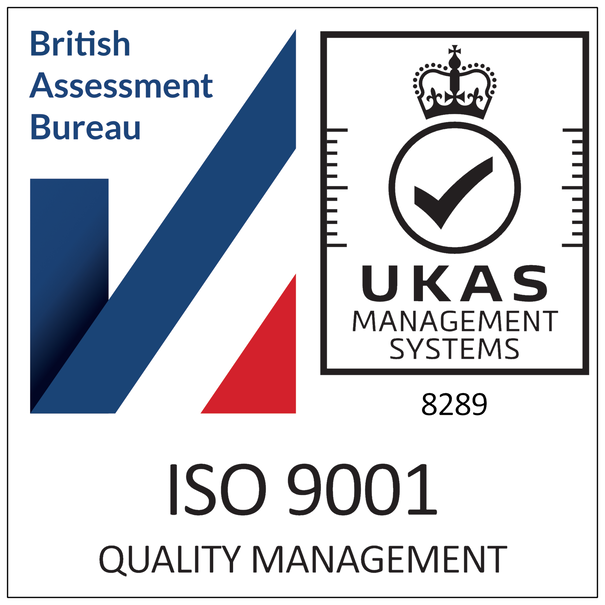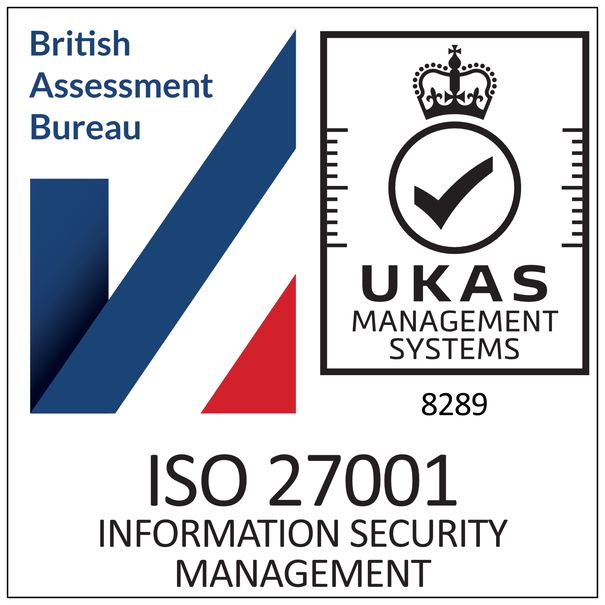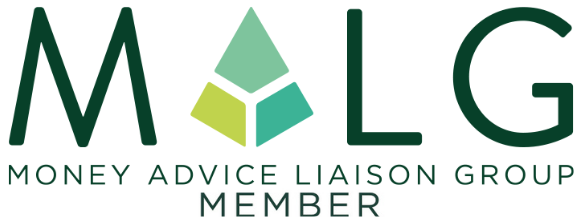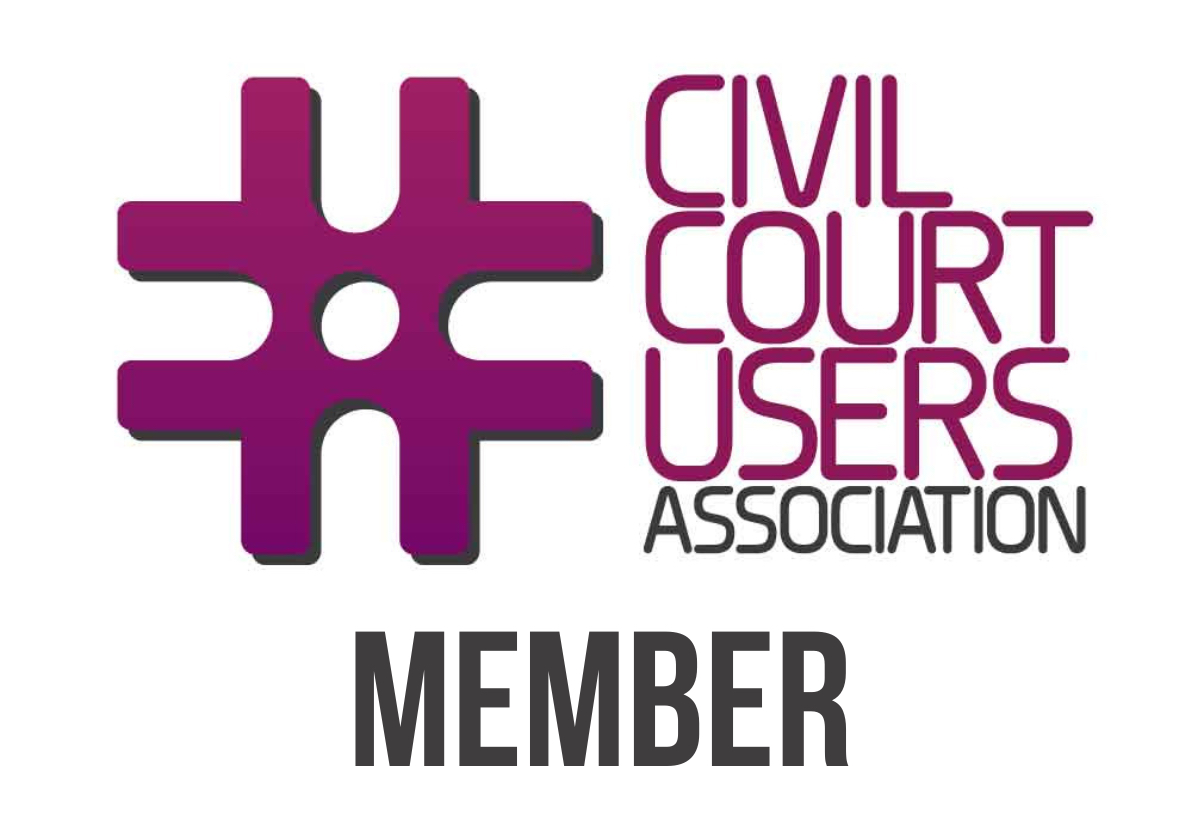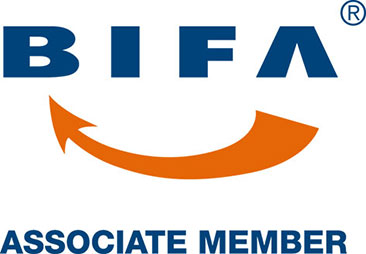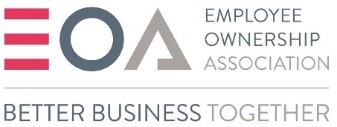
Whilst the issue of small businesses experiencing late payment, or not getting paid at all is nothing new, small business debt collection has never been more important..
Small business debt collection has never been more important as the UK economy continues to recover from the coronavirus pandemic. The last two years has unfortunately increased the problem, and small business debt is growing with many businesses experiencing invoices not being paid in a timely manner. Late payment is the biggest single reason why so many small businesses fail. 58% of UK businesses are currently suffering from unpaid invoices of some type, costing the economy hundreds of millions of pounds.
Small business insolvencies are now on the rise and given the increasing rate of business failure, small business debt collection services are being called upon to help address the issue. For smaller firms, chasing outstanding invoices is counterproductive. It can involve labour intensive efforts to chase payment and handle disputes, let alone the fact that it is a complicated process due to compliance issues and needing to adhere to regulations when contacting customers or suppliers to request payment.
All businesses should take adequate steps to prevent debt in the first place. Many leaner organisations work on a pro-forma invoice basis where goods or services are paid for upon delivery. Ensuring due diligence and carrying out thorough credit checks can help prevent debts from occurring. When giving credit, every preventative measure should be taken to avoid the risk of not having your invoice paid. All small business owners should have a contingency plan for when invoices are not paid, and in the event that monies cannot be collected, working with a professional debt collection agency is a smart move to minimise the financial disruption unpaid invoices can cause, as they have the know how to collect debts on your behalf.
Here are some tips for any small business owner who may be experiencing the harsh reality of unpaid invoices, to help keep cashflow going.
- Confirm all orders in writing – Upon receipt of an order, you should confirm this via email or letter. Confirmation of the order placed should contain the agreed costs, payment dates and details of the goods or services supplied.
- Clear and concise invoicing – Detail in-depth any goods or services that are due to be supplied. All particulars of the service supplied should be detailed to avoid ambiguity. Agreed payment dates is essential.
- Monthly Statements - These can be an important tool for long term or repeat customers. They will ensure they are aware of expected payment dates.
- Reminders and warnings – If payment dates are missed, never be afraid to ask to be paid. You should expect to be paid on time. If accounting software is being used, reminders can be automated. A notice of possible ‘further action’ can also be communicated.
- Take positive action – No business can survive with non-paying customers. Never be afraid to take a professional and direct action. Many businesses are often hesitant to act in fear of alienating the customer. The fact is that if they had paid on time then it would not be necessary. Any fear of that can be mitigated by ensuring you work with a professional company.
If your firm is owed money, contact our team – we are experts in our field and have been successfully collecting commercial and consumer debt on behalf of leading brand names, small and mid-sized businesses, public and not-for-profit organisations for over forty years.





